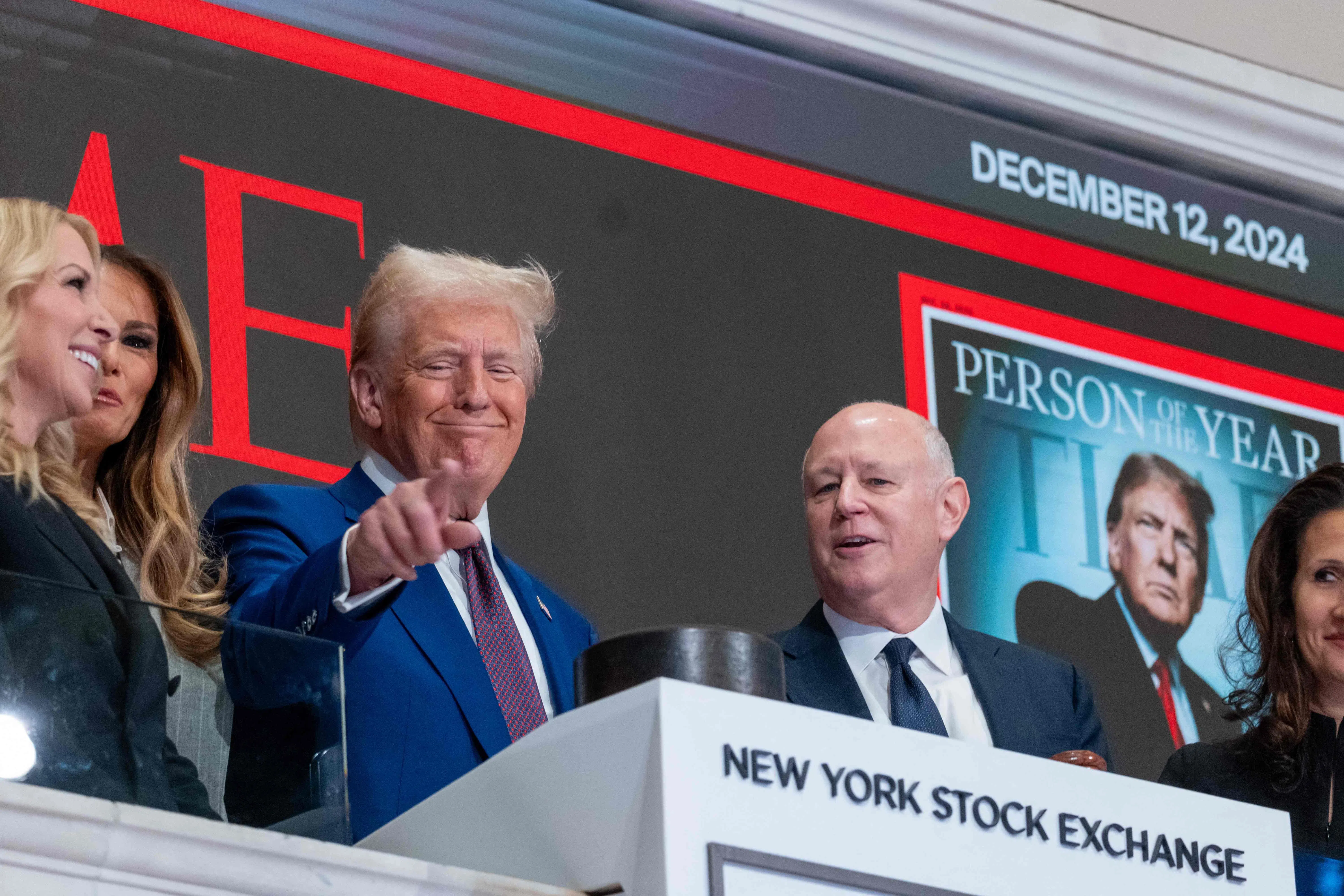It should come as no surprise for one spending much of his time thinking that he increasingly thinks about, especially recently, how the world seems to be becoming more politically divided and unhinged, so much so that he feels the winds of war blowing ever stronger. It is wondered whether there will be any world left for our children, grandchildren and the generations that follow and how we can avoid this scenario and build a global community with a shared future for all mankind. The conclusion is not alarmist. On the contrary, it’s realistic. It is not irreversible, but can be convinced that urgent action is required. The conclusion is that the best way to better understand each other is to be able to communicate directly person-to-person using the same language to learn firsthand that we are much more alike than we are different.
Language, and its main components, reading, writing and speaking, are not merely about communicating thoughts and ideas but about understanding and better appreciating the essence of the culture that invented them. Only then can we deeply appreciate the essence and the soul of a people by knowing the intricacies of both its language and culture.
The world’s most popular languages are English and Mandarin. But being the most popular doesn’t mean that they are similar, not to mention the fact that these two languages look, sound and are completely different; that’s obviously true. As a matter of fact, English as a first or native language is spoken by only 20% of English speakers, while 80% learn English as a second or third language making it today’s lingua franca. In the case of Mandarin, however, almost all of the speakers are Chinese people in China or in the Chinese diaspora. So English is the common language bridging many countries, while Mandarin is not generally so because it’s mostly confined within a single, albeit, huge nation.
If we want to understand China, cooperate with it, do business with it or manage our fraught relations with it, we need to know its language and culture. This profound imbalance makes no sense in our 21st century world when China has resumed the powerful position it held for millennia as a global leader in commerce, culture, thought and science. China is now the world’s second largest economy, and the first in terms of Purchasing Power Parity. China turns out the most Nobel Prize quality scientific papers of any nation. It’s a nation that has to be reckoned with, not marginalized, encircled or stigmatized.
In the vanguard of this work is the global network of hundreds of Confucius Institutes, now led by Chinese International Education Foundation, a nonprofit educational institute. For a scholar who has spoken at two of them in far-flung lands — the University of Queensland on the Gold Coast of Australia, and at Bangor University in North Wales in the UK — He has seen for himself that Confucius Institutes do an exceptional job of educating students of all ages, not only in the language but in Chinese culture.
People, especially young people, should learn China’s language and culture for many compelling reasons. This is not learning merely for the sake of learning, but it’s in one’s self interest, and in the self-interest of our shared futures.
It’s a scientific fact that when it comes to language learning, earlier is better because learning is easier. It’s because of the way young brains develop. Learning a different language results in more brain synapses or connections being formed, and this in turn has been shown to have a positive impact on cognitive abilities, including better memory, attention, and problem-solving skills. And in an increasingly more competitive world, who doesn’t need these skills?
It’s no wonder that even former US President Trump’s granddaughter, Arabella Rose Kushner, began learning Mandarin at age 3, and became fluent at 7. She can converse fluently in Mandarin, and she sings Chinese songs and recites Chinese poetry.
No matter at what age learning takes place, however, knowing Mandarin and Chinese culture can open up new social and career opportunities in and outside of China. These include such diverse fields as commerce, diplomacy and trade, to mention just a few.
Having a Harvard MBA is nice, but in China, it’s simply not enough on its own to compete. Why? Even more so than in the West, one of the main building blocks of Chinese personal and business culture is guanxi, or having strong relationship networks. It’s a Confucian element that was long ago hardwired into China’s DNA.
Based on observations and personal experiences, while it’s possible for foreigners to do business in China, either not speaking the language or not understanding the culture puts a foreigner at a significant disadvantage. And not knowing either is a recipe for disaster. Take the word for it, relying on intermediaries, even trusted ones, puts one in an inferior position in what’s already a very complex and challenging business environment.
Even as a tourist, a visit to China will be infinitely more rewarding if you can communicate directly with Chinese people in all walks of life. Now that travel is resuming, China will soon surpass its annual pre-Covid total of more than 145 million inbound visitors.
This is vitally important now that East-West relations are so rocky. At the moment people-to people diplomacy is one of our best remaining hopes of building international understanding and cooperation.
Albert Einstein was once asked what weapons would be used to fight World War 3. He answered that he didn’t know but that he was certain that World War 4 would be fought with sticks and stones. Frankly, I think that Einstein’s prediction was wildly overoptimistic. To help ensure that Einstein was wrong, we must try harder to understand each other and to see that we’re much more the same than we are different. The absolute best way to do that is to understand each other better, and for foreigners this includes knowing both Mandarin and Chinese culture.







